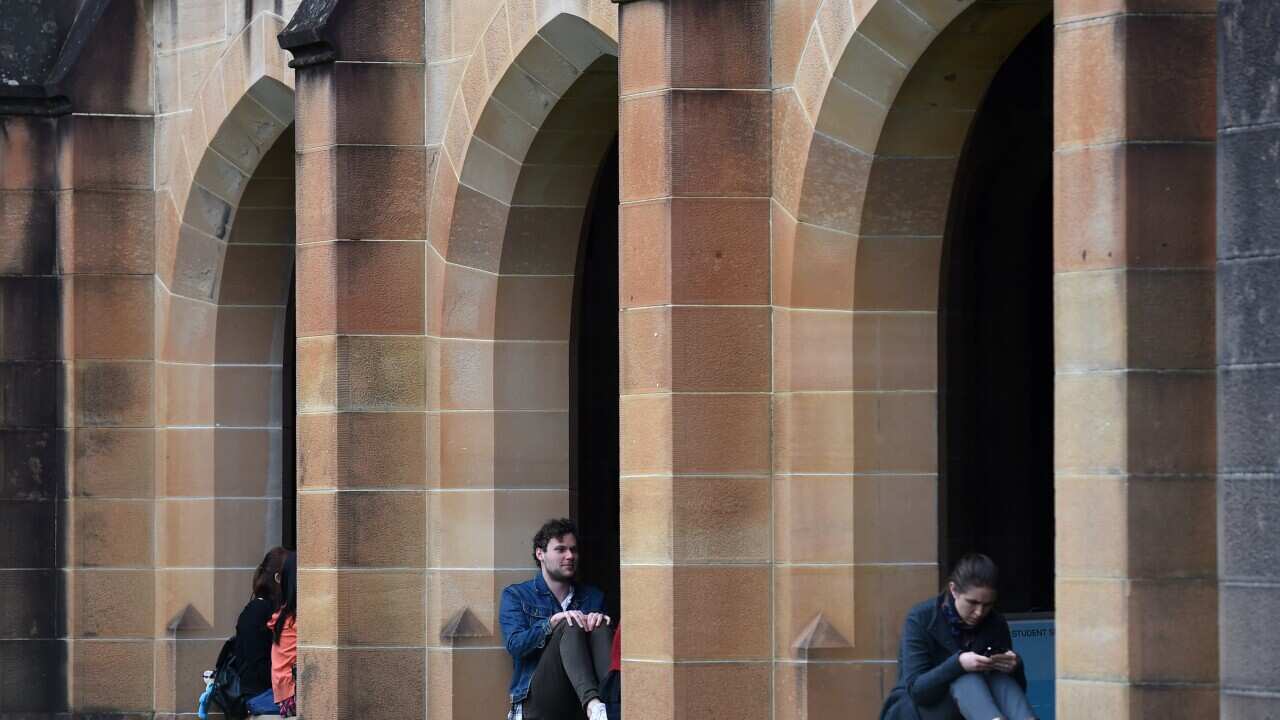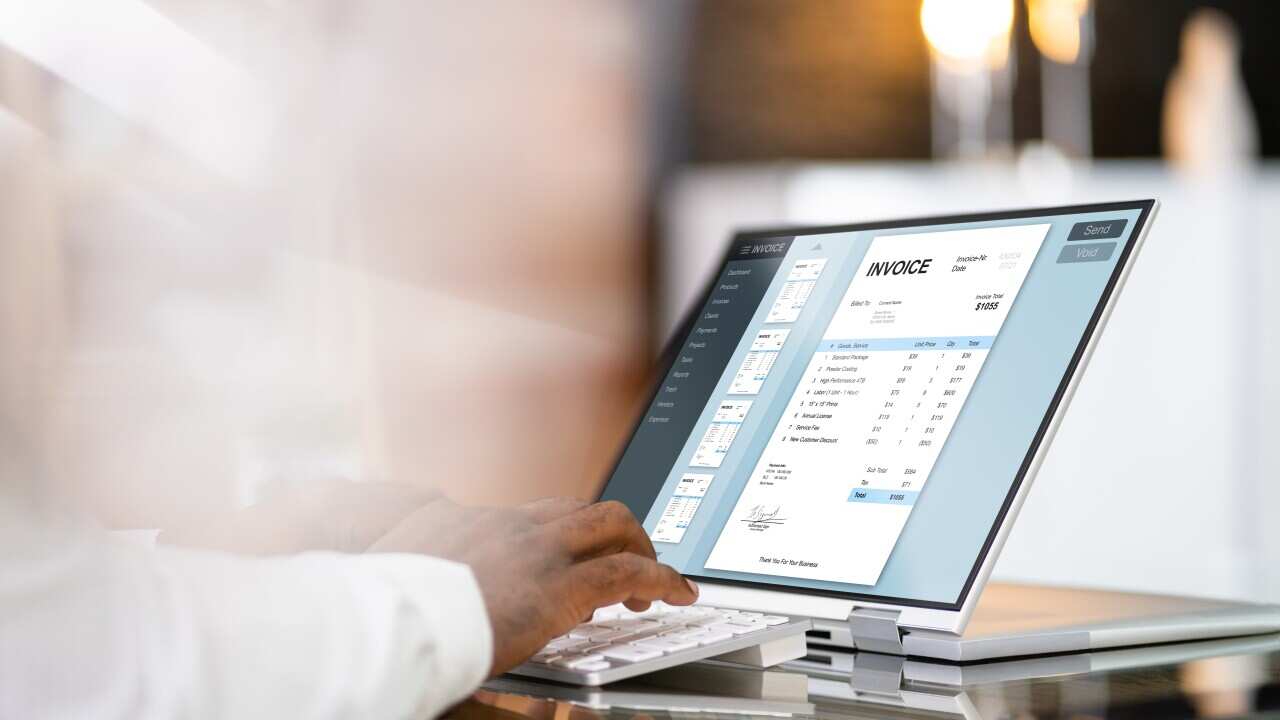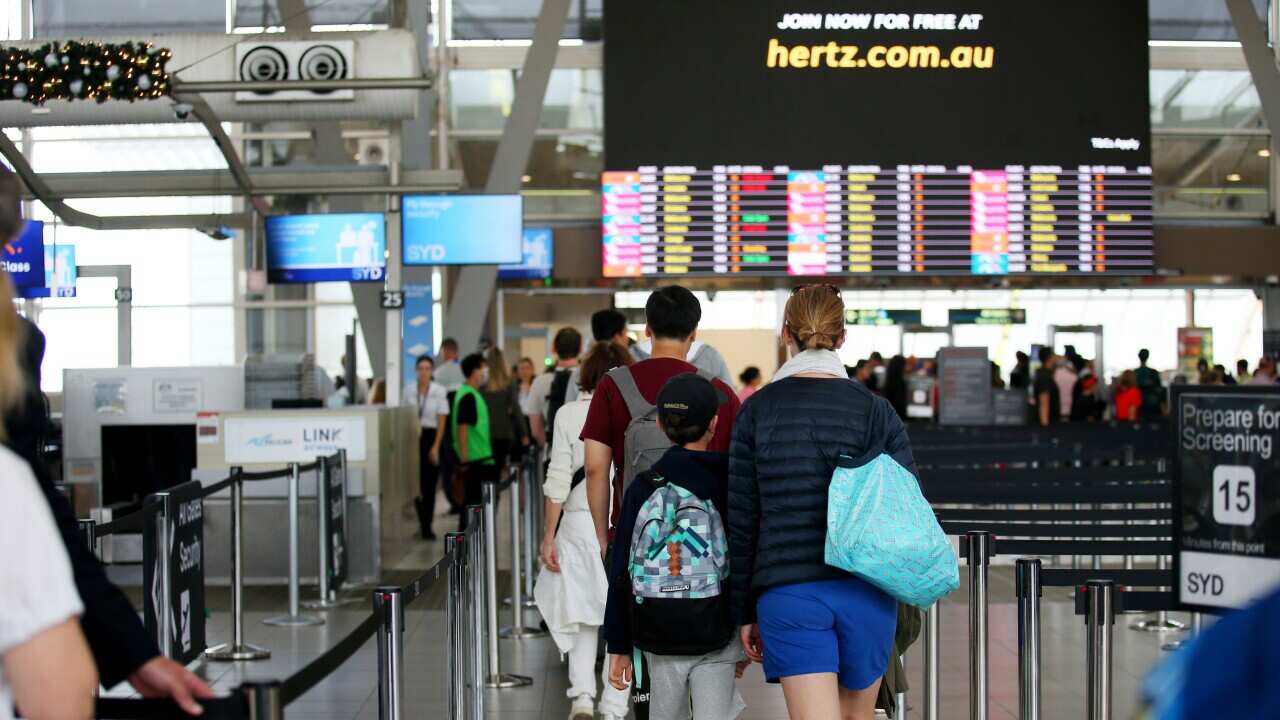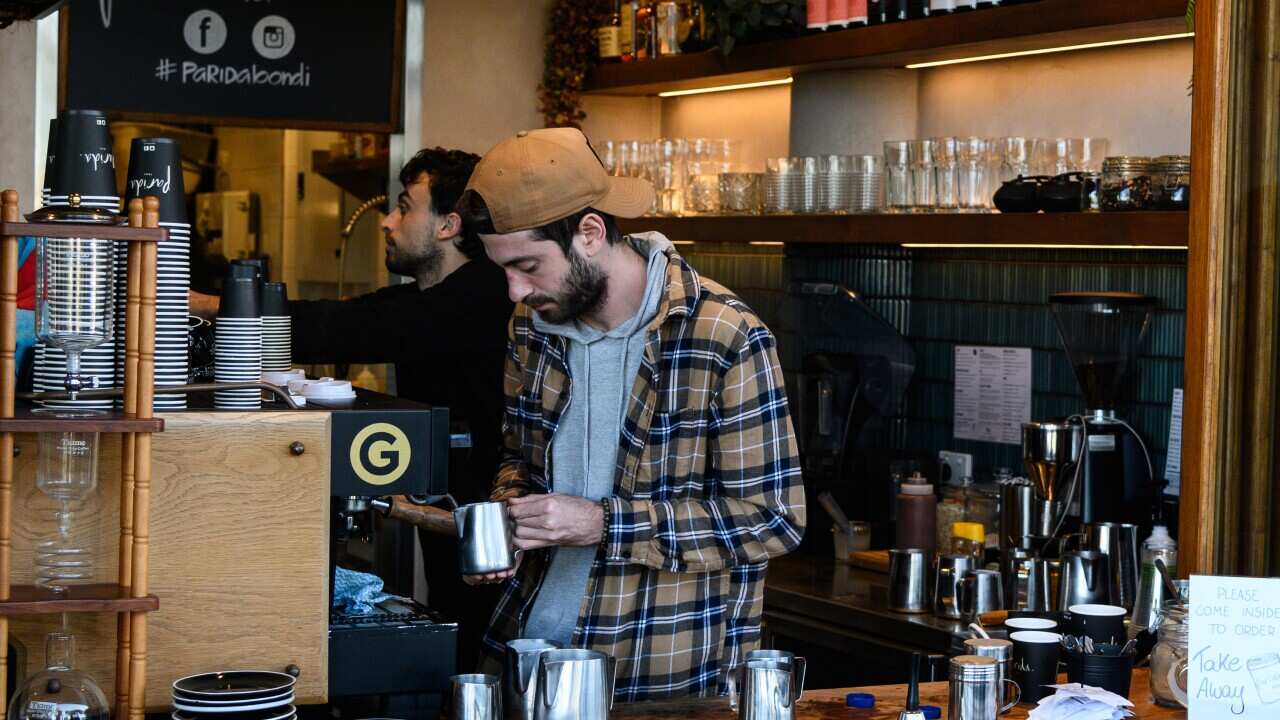The Australian Federal Police at Parliament House on Wednesday night, but the material will remain under lock and key until the Senate can determine whether it is covered by parliamentary privilege.
The Labor Party said it expected the Senate would uphold its claim of privilege over documents collected by federal police investigating leaks from the National Broadband Network.
Labor's claim means the Senate will ultimately decide if the material should be released to the investigation, or whether it relates to the work of parliament and so should be protected.
Parliamentary privilege gives parliamentarians immunity from prosecution for anything they say, do or reveal while in parliament.
This privilege also extends to any document or other "thing" which falls within the proceedings of parliament.
"It's not something that should be reduced to some parliamentary political calculation."
Deputy-leader of the Greens, Senator Scott Ludlam, said parliamentary privilege was not there to cover up illegal activity.
He said it was an important principle to ensure people have confidence to go to parliamentarians with information.
"It is designed to protect the work of parliamentarians from obstruction," he said.
"From time to time that work means we will be in contact with whistleblowers and people who have information to share. Politicians aren't above the law and if the AFP is chasing a serious corruption issue, or if they are chasing professional malpractice or misconduct, then parliament house is not a sanctuary against those kinds of allegations."
Senator Ludlam believes the privilege doesn't apply in the current circumstances.
"Let's be very clear that's not what's occurring here," he said.
"I think NBN Co needs to take a good hard look at its internal document security, and they have every right to call the police in to try and establish what happened.
"I am very, very troubled by the precedent that's been set - that this material has been in the hands of political advisers who in the course of their parliamentary work would have use of that kind of material in the public interest. That's what parliamentary privilege is for."
Labor has accused the government of trying to stop the information, which was leaked from within the NBN, from being released.
Related reading

NBN to offer retail providers discounts
Opposition leader Bill Shorten said it's not for the government to decide what is made public and what was withheld.
"The NBN, which is part of the government, is desperate for bad news about the NBN not to get out," Mr Shorten said.
"It's a farce really. Australians who get inadequate reception already know that the NBN promises which were made via the government, the Liberal government, haven't been kept. So why the government is engaging in this sort of approach to try and stop the public finding out and to stop you and the media from being able to report it and to discourage whistleblowers - this is not a healthy sign for this government or indeed this country."
Politicians need to be able to get information, there needs to be the institution of privilege, Mr Shorten added.
The government appears likely to vote against the claim of privilege in this case.
However, when the new Senate meets, Labor could be able to get the support it needs.
It has 26 senators and needs the support of another 13 to prevent the documents being released to the AFP.
The three members of the Nick Xenophon team say they'll support Labor's call.
Tasmanian Independent Jackie Lambie and the Liberal Democrats senator David Leyonhjelm are also likely to back Labor.
That means if the Greens' nine senators also agree with Labor, the claim will be upheld.
Labor's Legal Affairs spokesman, Mark Dreyfus, said he was confident there would be the numbers in the Senate because there will be some from the government bench.
"I am expecting Liberal and National party senators to uphold the privilege that is something that is central to our parliamentary democracy," he said.
"It's not something that should be reduced to some parliamentary political calculation."
The search at Parliament House follows the AFP's raid on the Melbourne offices of Senator Conroy and the home of a Labor staffer in May, which came during the election campaign.
Labor has also claimed parliamentary privilege over those documents.










